
With the value of e-plastics plummeting and a major export market crumbling, North American firms are scrambling to identify ways to manage the material.

With the value of e-plastics plummeting and a major export market crumbling, North American firms are scrambling to identify ways to manage the material.
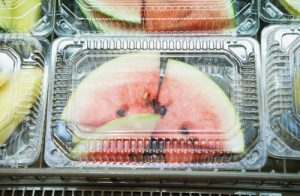 Another company that uses RPET in thermoform packaging has been acquired by Graham Partners, a Philadelphia-based private investment firm.
Another company that uses RPET in thermoform packaging has been acquired by Graham Partners, a Philadelphia-based private investment firm.
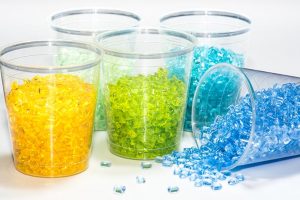 There is growing chatter that China’s ban on imports of many recovered plastics will grow the country’s demand for virgin resins.
There is growing chatter that China’s ban on imports of many recovered plastics will grow the country’s demand for virgin resins.
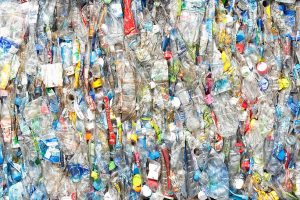 Data from the sale of recyclable plastic bottles in early December suggest the value of recovered packaging will end the year in a slightly weak position.
Data from the sale of recyclable plastic bottles in early December suggest the value of recovered packaging will end the year in a slightly weak position.
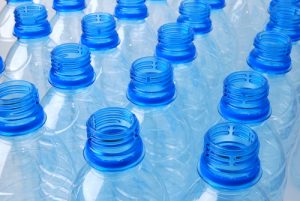 A study commissioned by Closed Loop Partners identifies strategies to enhance the PET bottle recycling system, allowing RPET to better compete with virgin plastic.
A study commissioned by Closed Loop Partners identifies strategies to enhance the PET bottle recycling system, allowing RPET to better compete with virgin plastic.
 The state of California has awarded millions of dollars in grants to projects that will recycle ag plastics and PET bottles.
The state of California has awarded millions of dollars in grants to projects that will recycle ag plastics and PET bottles.
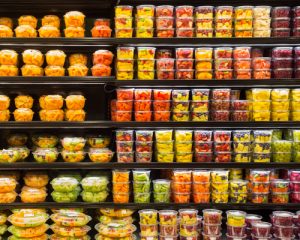 A producer of 100 percent post-consumer PET thermoform packaging has drawn the attention of an investment group that sees sustainable packaging as a growing market.
A producer of 100 percent post-consumer PET thermoform packaging has drawn the attention of an investment group that sees sustainable packaging as a growing market.
 Lower prices for recovered polyethylene films have helped drive higher profits for composite lumber product manufacturer Trex.
Lower prices for recovered polyethylene films have helped drive higher profits for composite lumber product manufacturer Trex.
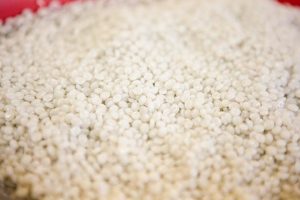 A plastics recycling giant in Alabama will likely be significantly increasing its output of recycled natural HDPE after receiving a letter of no objection (LNO) from the U.S. Food and Drug Administration.
A plastics recycling giant in Alabama will likely be significantly increasing its output of recycled natural HDPE after receiving a letter of no objection (LNO) from the U.S. Food and Drug Administration.

